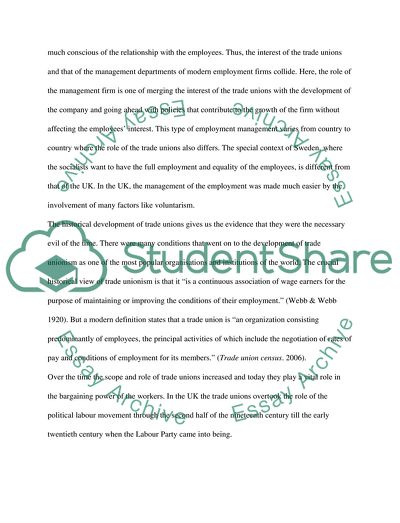Cite this document
(“Compare and Contrast the role of trade unions in Sweden and the UK Essay”, n.d.)
Retrieved from https://studentshare.org/miscellaneous/1543102-compare-and-contrast-the-role-of-trade-unions-in-sweden-and-the-uk
Retrieved from https://studentshare.org/miscellaneous/1543102-compare-and-contrast-the-role-of-trade-unions-in-sweden-and-the-uk
(Compare and Contrast the Role of Trade Unions in Sweden and the UK Essay)
https://studentshare.org/miscellaneous/1543102-compare-and-contrast-the-role-of-trade-unions-in-sweden-and-the-uk.
https://studentshare.org/miscellaneous/1543102-compare-and-contrast-the-role-of-trade-unions-in-sweden-and-the-uk.
“Compare and Contrast the Role of Trade Unions in Sweden and the UK Essay”, n.d. https://studentshare.org/miscellaneous/1543102-compare-and-contrast-the-role-of-trade-unions-in-sweden-and-the-uk.


